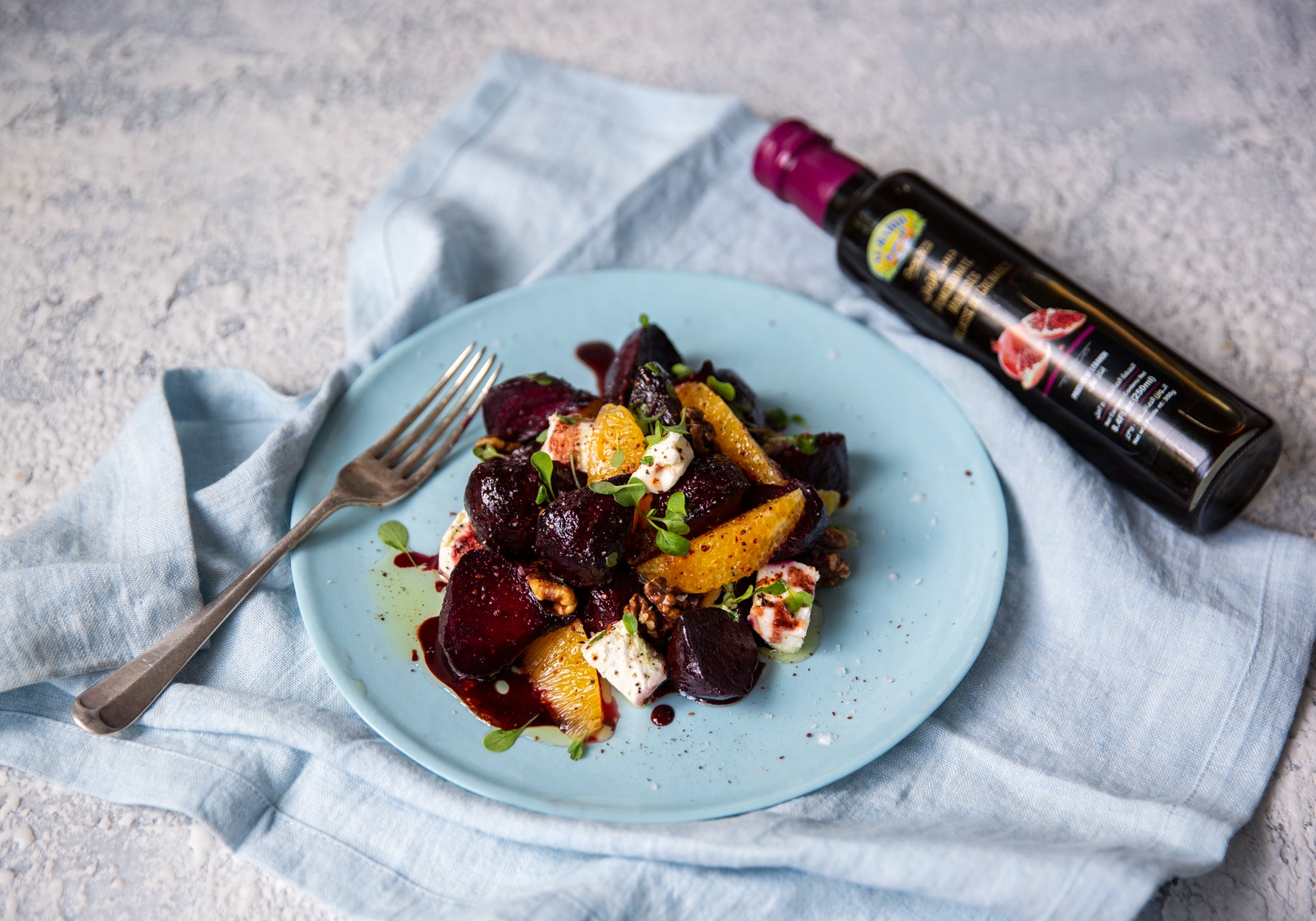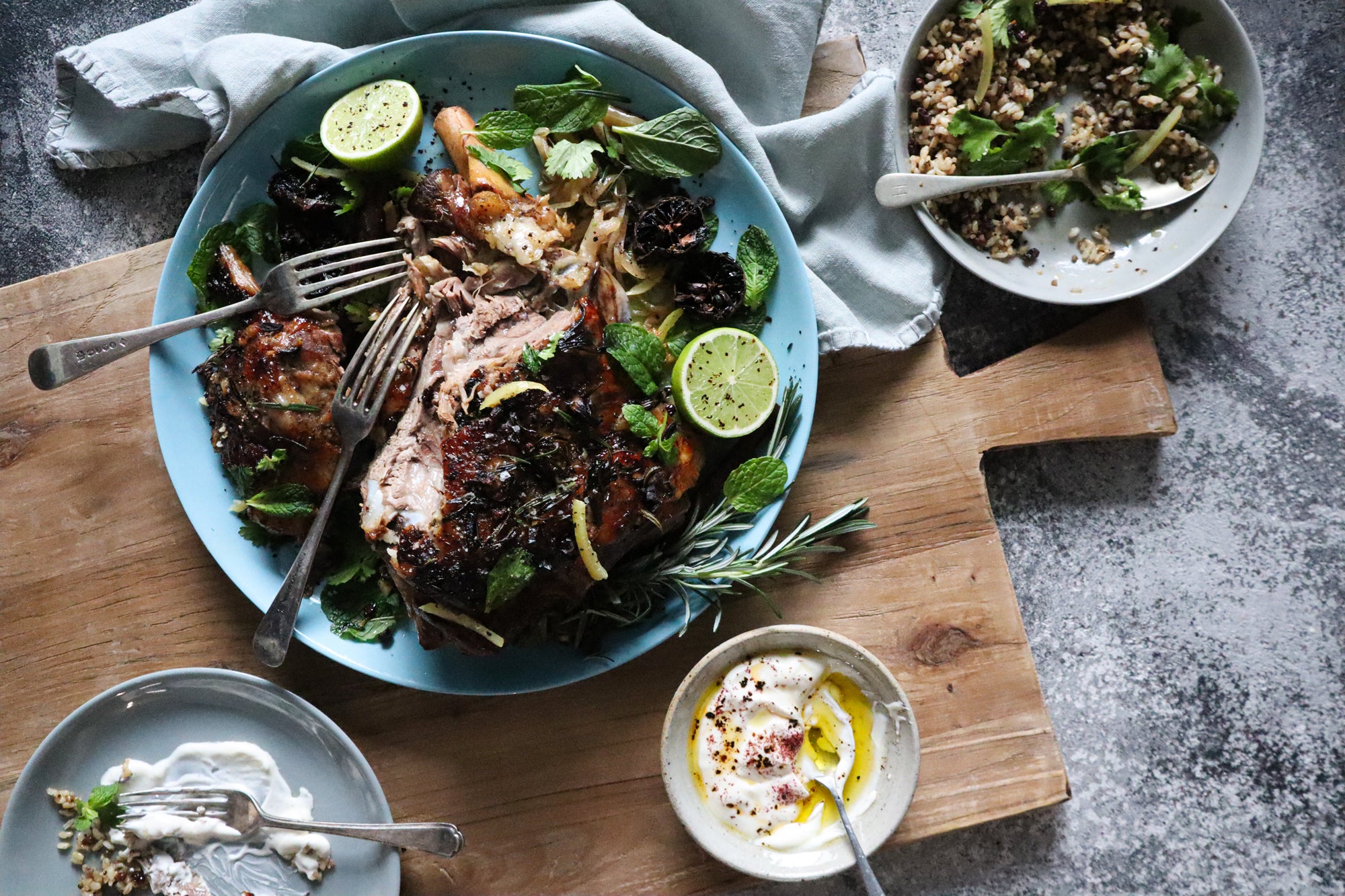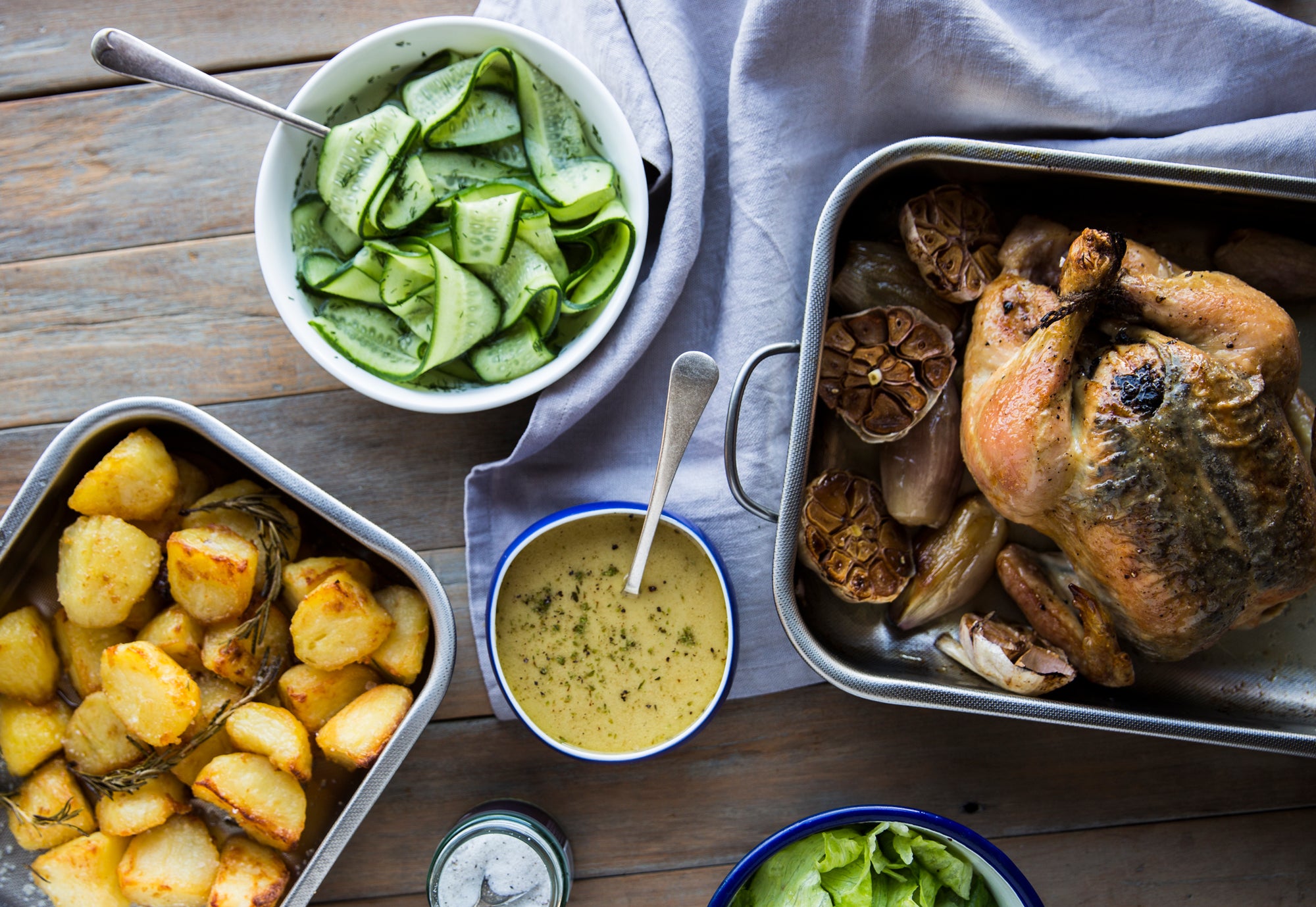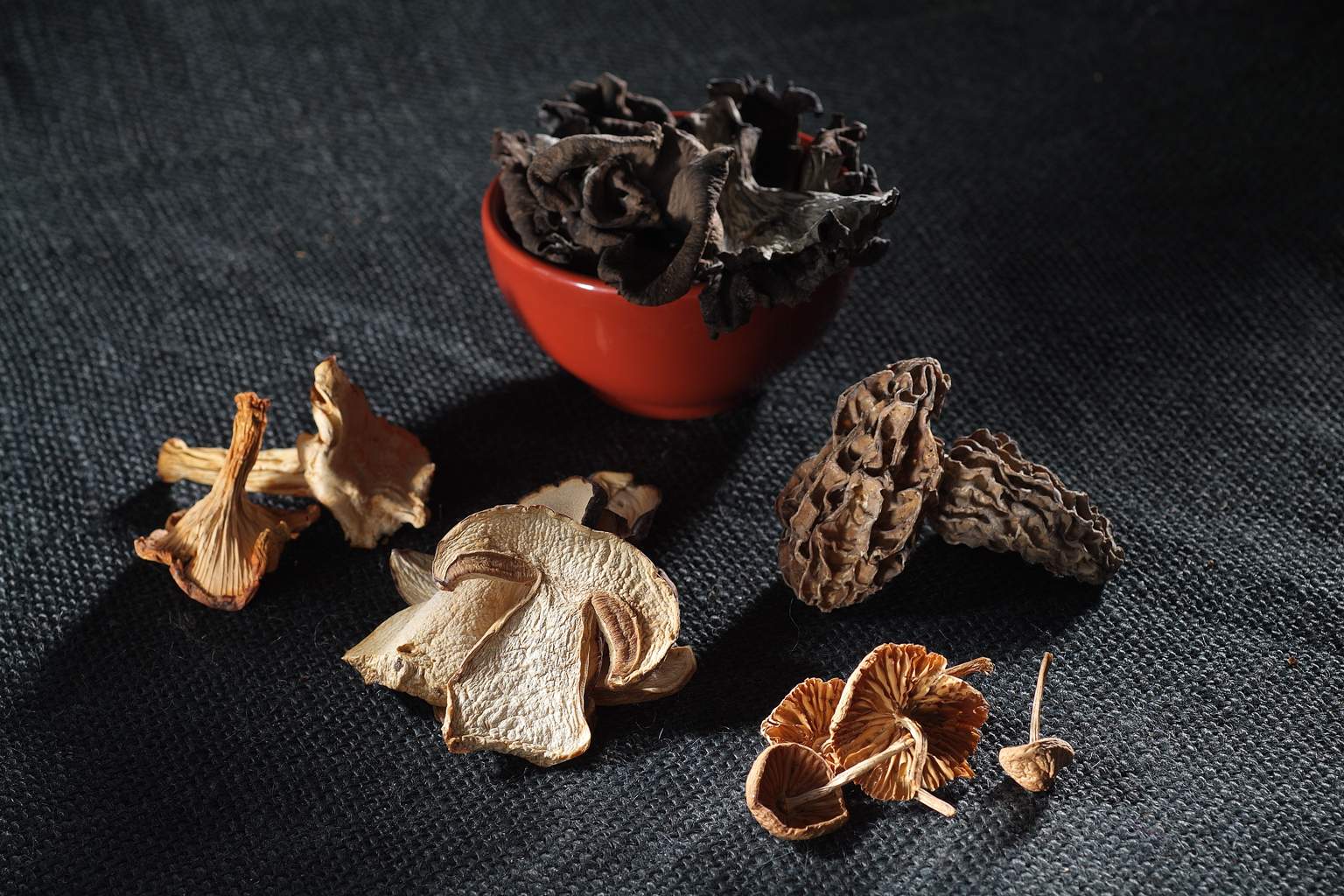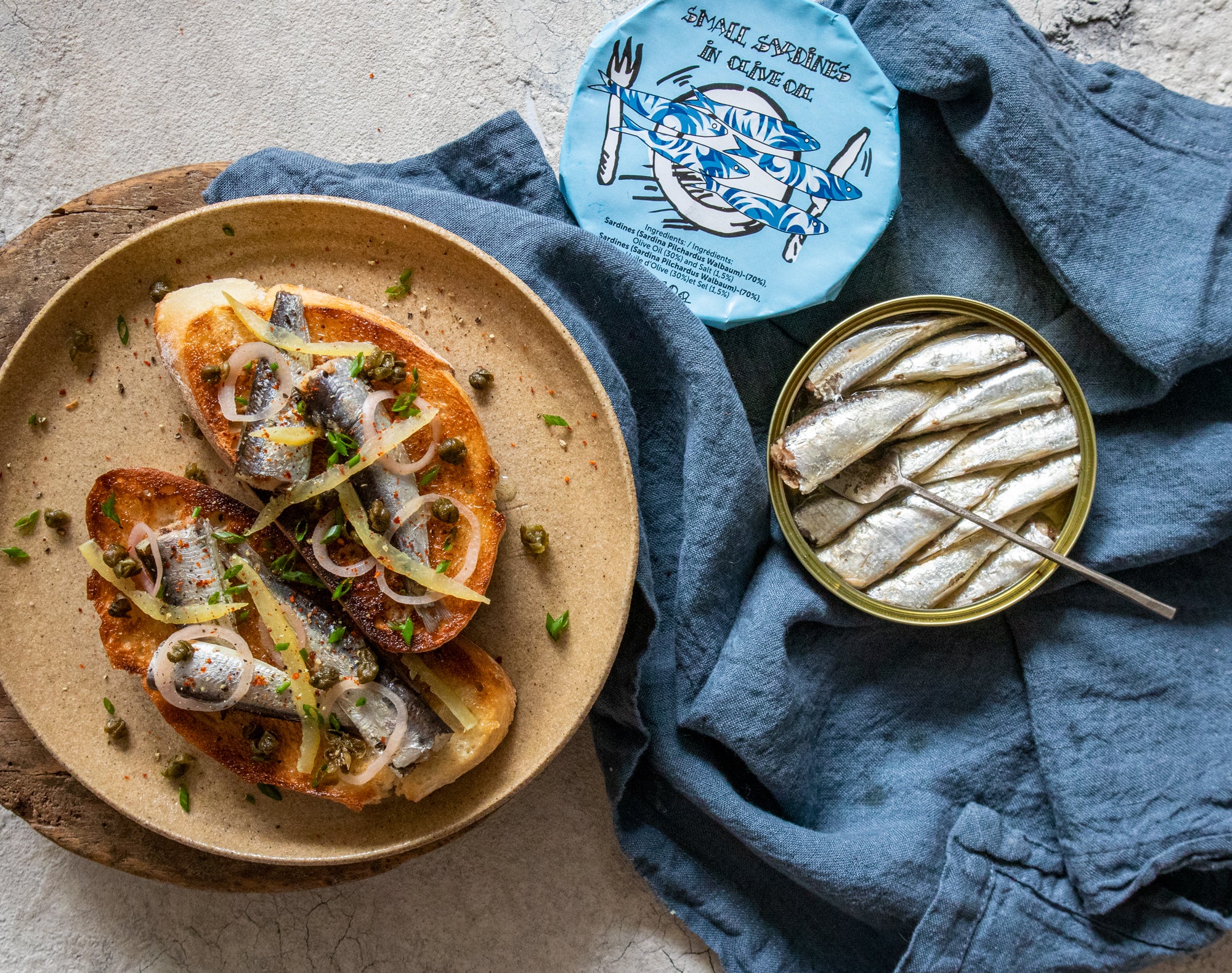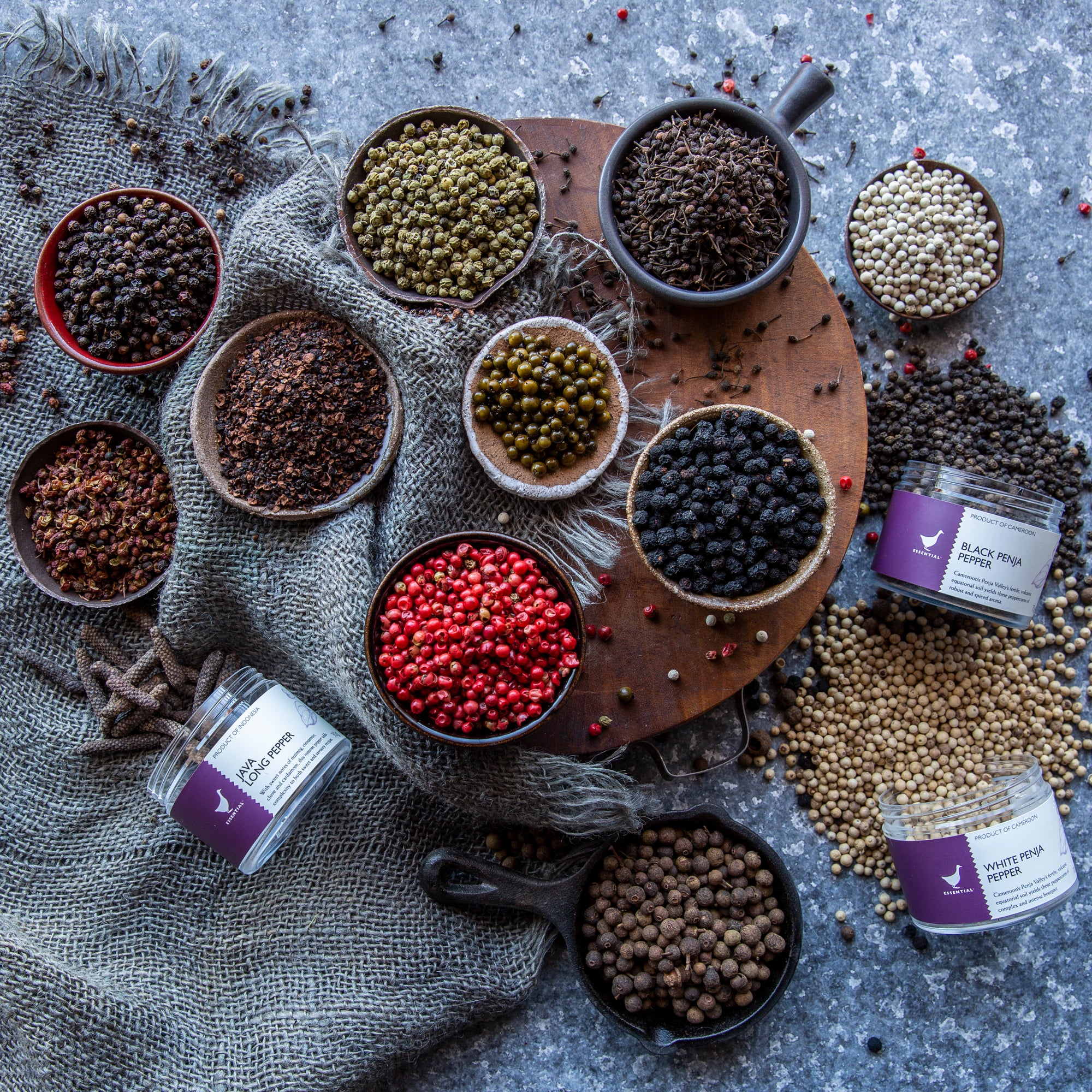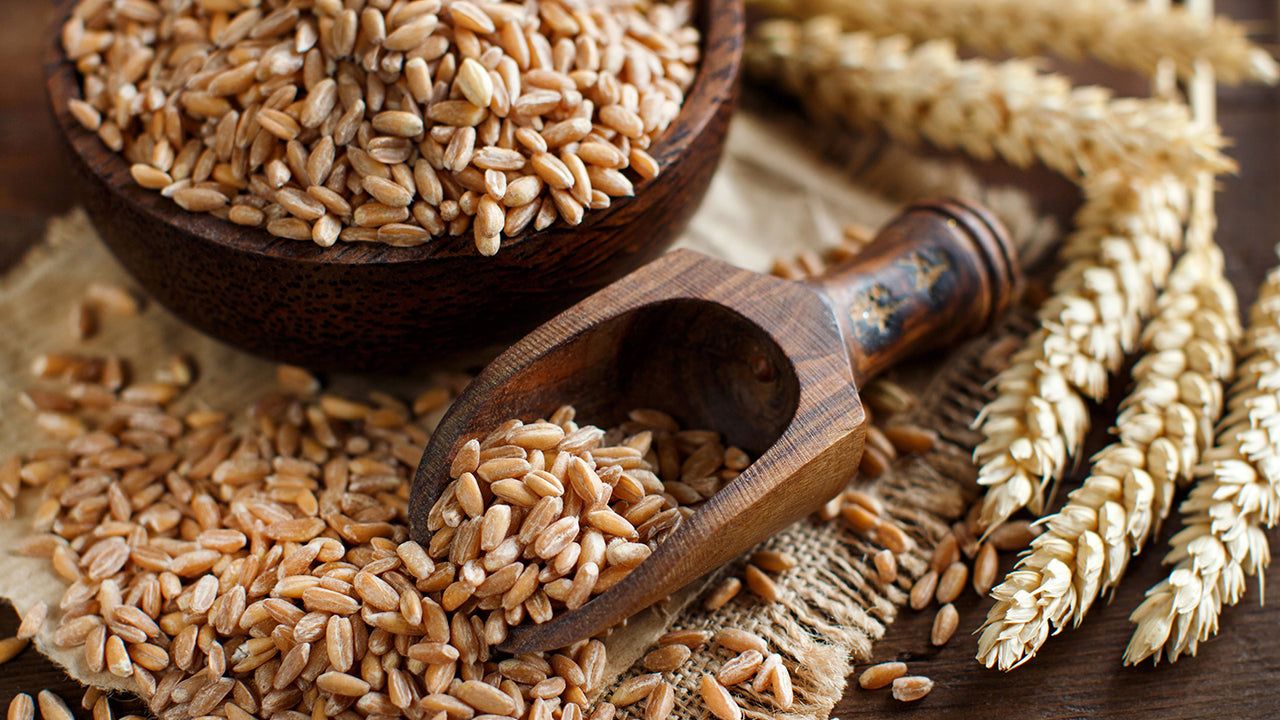
Winter Brighteners
Last updatedWhile we love the hearty, rich, and comforting dishes that come with winter, the chill in the air can make us crave a little brightness on our plates. The key to good food is the same all year round: balance - a mix of light and shade. The addition of one extra ingredient can be transformative, taking a dish from tasty to delicious. Think of freshly chopped dill sprinkled on stroganoff, a drizzle of peppery extra virgin olive oil on a bowl of lentil soup, or lemon zest on a creamy pasta.
With that in mind, we’ve listed our favourite pantry ingredients to use as a finishing touch to lift and brighten winter meals. So, when you look outside and the skies are grey, turn to your pantry to find something that will brighten your day... we didn’t mean for that to turn into a poem.
Made from a bittersweet fragrant wine this rosey hued vinegar has a unique flavour with notes of thyme and ripe fruit. Ideal for marinades, dressings and deglazing pans, its fruity acidity cuts through the richness of heavier dishes. Try drizzling it over roasted vegetables or add a splash to homemade gravy and stews.
Lilliput ('extra fine') capers are the smallest variety of caper and highly prized for their delicate and subtle flavour. These little flower buds of the caper bush add a delightful burst of brininess to braises, salads and sauces. Use them whole in chicken piccata, roughly chop and stir through tuna pasta, or quickly fry in olive oil and scatter over pork chops. If using capers preserved in salt, rinse before use.
An intensely coloured and scented crimson powder adds a striking visual touch and instant complexity to savoury dishes. Delightfully smoky and warming, without adding too much heat, this paprika can be dusted on roasted potatoes, mixed into soups and stews, or try blending it with butter and letting it melt on pan seared fish.
Quartered whole lemons are packed in salt, making the flesh and peel soft and the flavour very concentrated. Their intensely sour, briny and salty character make preserved lemons a true secret ingredient for elevating a dish. Chop and add to rice dishes, tagines, and soups, blend into dressings, sauces, and dips, or mash into a paste and use in cake and cookie recipes to add another dimension of citrus. Discard any seeds and rinse the lemons with water before use.
Produced by drying and grinding the fruit of the sumac plant, this traditional Middle Eastern spice has a pleasant lemon fragrance. Its bright and sour taste makes it a fantastic dry alternative to lemon juice, but it’s acidity also enhances other flavours in dishes. Dust it on fried foods to add an element of freshness, blend it into a dry marinade for fatty cuts of meat, rub onto fish before roasting, or sprinkle on hummus for a tart finishing touch.
Made by reducing natural pomegranate juice until it’s thick and ‘molassesy’, this tart syrup is surprisingly not very sweet at all and can add a unique vibrancy to both savoury and sweet dishes, even drinks. Drizzle over roasted brussle sprouts, mix it into a glaze for meatballs, kofta and chicken drumsticks, use in place of vinegar in a salad dressing or use as an unexpected topping for vanilla ice cream.
Dijon mustard is a classic ingredient that can add a bright and piquant kick to your dishes. It's a versatile and essential ingredient to have on hand during the winter months. A sandwich made with left over roast beef wouldn’t be complete without a smear of mustard. A teaspoon of Dijon mixed with olive oil, honey, red wine vinegar and salt and pepper is a beautifully simple vinaigrette for bitter green salads. Making a pan sauce after cooking a steak is easy and delicious but can be elevated in an instant with the addition of mustard – after removing the seared meat from the pan, quickly sauté a finely diced shallot, add water or wine to deglaze and scrape up the yummy caramelised bits on the bottom of the pan, reduce, stir in a spoonful of mustard, remove from the heat and whisk in butter to emulsify. Season to taste.
A blend of wild thyme, sesame seeds, sumac and salt. Herbal and sweet with elements of citrus, it can be sprinkled on nearly anything for instant vibrancy. Use to garnish yoghurt, labneh and dips, sprinkle on fried eggs, roasted vegetables and grilled meat. Gently heat olive oil and add za’atar to infuse, then spoon the fragrant oil on cooked white fish, steamed greens or warm flat bread.
Hopefully this list has given you some inspiration to experiment and discover new flavours and combinations that suit your taste. May your winter dishes be bright!

